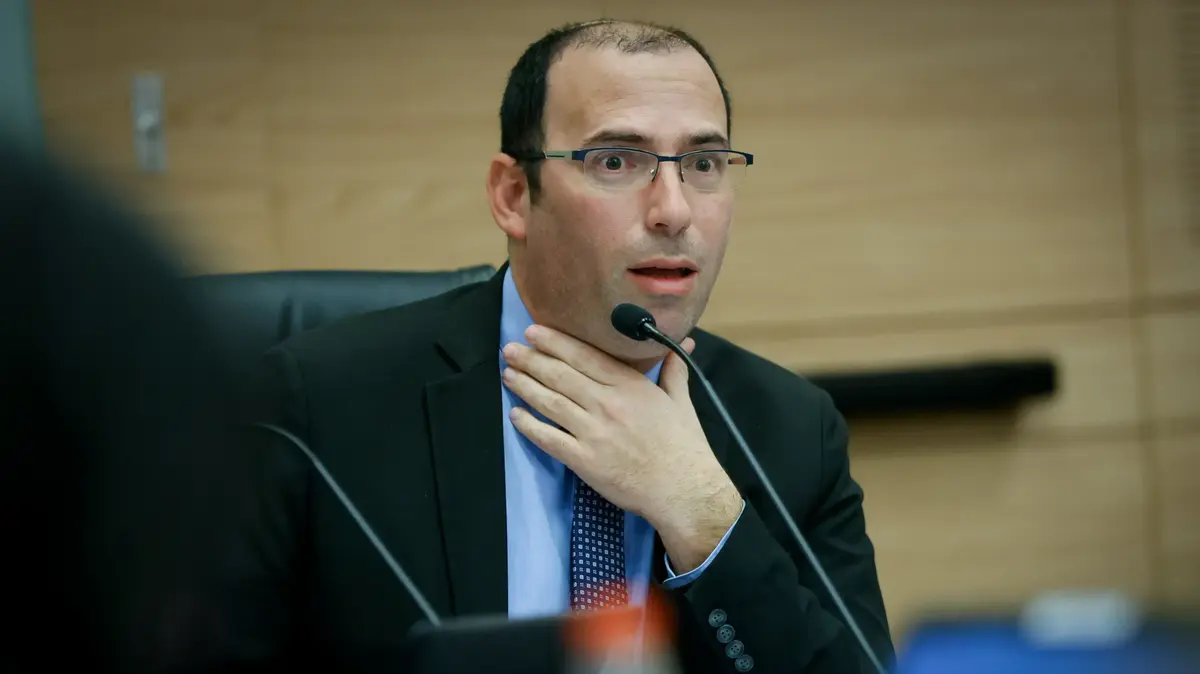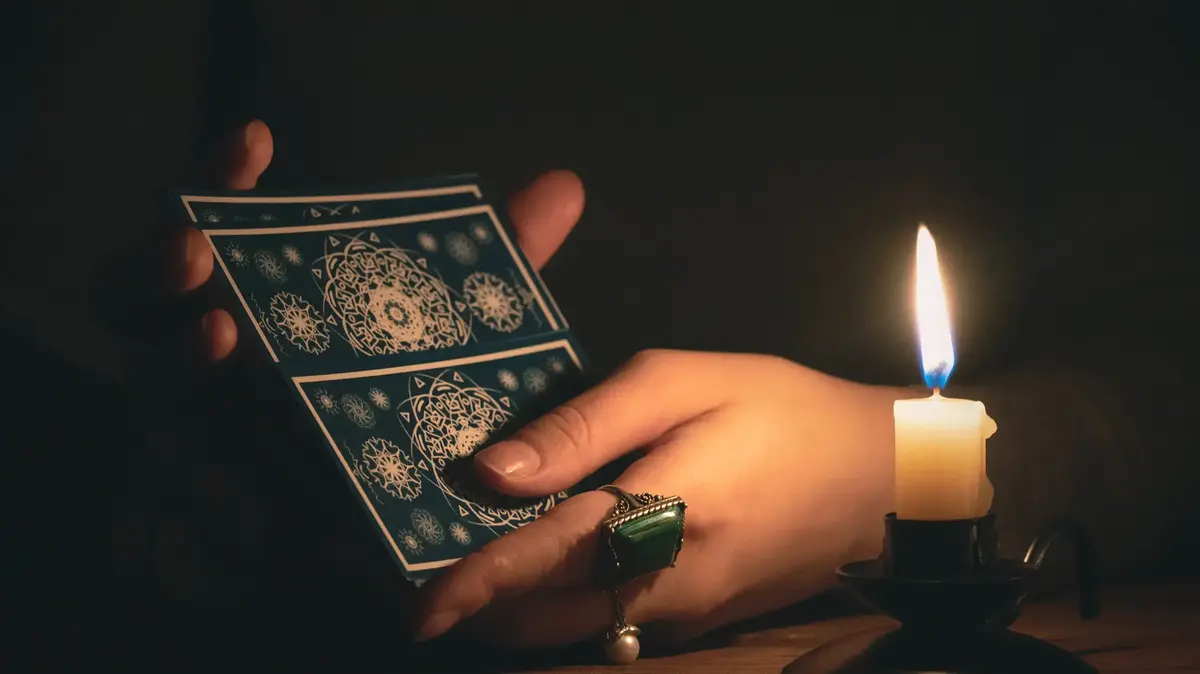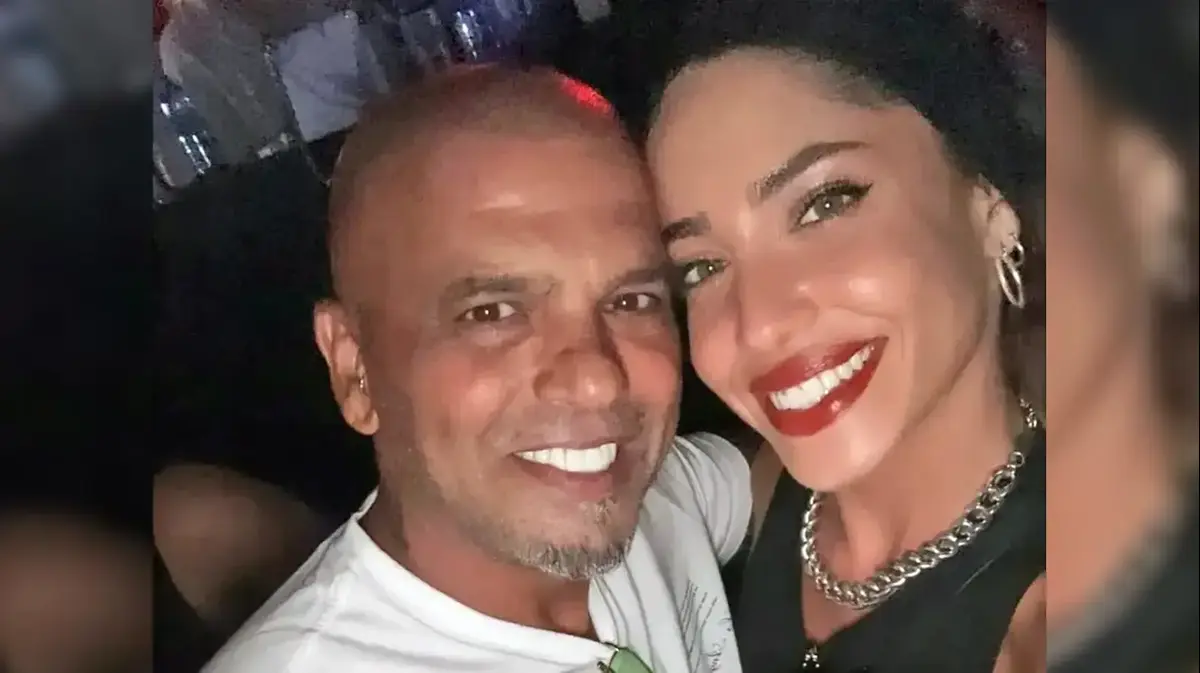On video: Thousands continue to demonstrate in Tel Aviv (Walla system)
Between the people and the government there are relationships that can be considered as a marital relationship.
We the citizens choose the government, similar to our choice of a life partner, and the government is supposed to take care of the citizens like the spouse is supposed to take care of us.
The government has power over the citizens, but its intention to do us good, and the choice reserved for us to replace it when the day comes, should make it see us and consider our opinion.
So far it is a normal relationship.
But what happens when we choose a government that is an abusive partner?
Oh, here the picture changes and the relationship becomes particularly challenging, and in some cases even impossible to contain.
Here are 9 signs we are in an abusive relationship with our government:
1. She tries to control us.
Relations of control and power are a central element in an abusive relationship.
One party in a relationship can use force to impose his will on the other party.
In an abusive relationship, the dominator tries to influence the other party in a variety of ways, and even determine the identity and roles of the partner.
In this type of relationship, the managed party is required to adapt to the manager's side.
2. It is predatory
abuse in a relationship includes the use of force and threat by one party on the other, in order to control the relationship.
This leads to a quick and significant damage to the injured party's sense of security.
When there is a predatory party in the relationship, the injured party may feel mental pain, function less well on a daily basis, feel anxious and even lose optimism in life.
3. She feels more privileged and entitled than
the sense of superiority that exists in the abusive partner and motivates him, preventing the other party from being equal in his eyes and giving him the respect he deserves as a person.
The abusive partner can present his own demands and needs as more significant than those of his partner.
In relationships that contain mental or emotional abuse, the abusive partner may think they deserve more from the other party and give less.
For example, he may think that only the spouse should get up at night to take care of the crying child so that he can sleep until morning, because his work is more important.
With such a person there is usually no equal distribution of burdens and almost all chores at home fall on the other party.
4. She is only concerned with self-interest
Such a partner works for himself.
This type of person is usually not interested in things like what the other party thinks or wants.
There is him, there are his ambitions and goals, and now the other side has to adapt to the good of the matter.
What happens if the other party is not willing to cooperate with it?
Here a tract of mental and emotional abuse can be opened towards him which in some cases can also include violence in all its aspects.
More in Walla!
The country is in crisis - and so are we.
How do you deal with it?
To the full article
It is important to strengthen the injured side.
Demonstration in Tel Aviv (Photo: Reuven Castro)
5. She tends to blame the other party for everything.
An abusive partner finds it very difficult to take responsibility for things that don't work.
In an abusive relationship, they can find a way to blame us for everything.
Everything that doesn't work is the fault of the other party.
If the abuser's business goes bankrupt he can find a way to shift the blame onto the other party, and sometimes even if he accidentally hit him or her he is able to find a way to throw the responsibility out.
After all, the other party yelled at the boy and he was just trying to protect him, so in some way he deserved it.
6. She throws harsh words at the other party.
An abusive partner uses words or communication to humiliate, intimidate, shame, shout, belittle or hurt.
He tends to make harsh comments and use offensive epithets, even if there is no connection between them and reality.
For example: "You are worth nothing", or "You are zero from zero" for a strong and smart woman, or: "You are anarchists and terrorists" for taxpayers and normative army servants.
7. She lacks the ability to feel empathy
in relationships that include mental or emotional abuse, the abusive partner does not understand or does not try to understand the feelings and needs of the other party.
Therefore he can reach a situation where he hurts and abuses.
When we live in this type of relationship we are with a person who only sees himself.
There are needs that are important to him and he demands that they be fulfilled.
And what happens if they are not filled?
Here, there is usually no retreat in favor of a compromise, but rather manipulations aimed at bending the other party and making him give up his will.
"Yes, I underestimate your fears."
Simcha Rothman (Photo: Flash 90, Eric Marmor)
8. The laws belong to one party only.
Emotional or mental abuse in a relationship is manifested when the abusing party tries to outline the life and behavior of the partner to his personal goals without taking into account the needs, feelings and opinions of the other party.
That is, he acts to determine the laws and arrangements of the relationship according to his own will, even if there is a significant harm to the other party.
Many times the attempt to control is expressed in blocking the partner from taking part in the important decisions for the home.
9. There is no readiness for real dialogue
since the abusive partner is usually closed to the needs and desires of the other party, he does not tend to show interest in changing the way he acts.
Therefore he has no motivation to agree to negotiations leading to a compromise.
He is also in the position of power in the relationship so his motivation to change the situation weakens even more.
Therefore, with no motivation on his part and no way to change him, it is important to strengthen the injured party so that he can stand up to his partner's attempts to take over, and therefore take upon himself the right to decide and protect his own security.
Gili Weintraub is an emotional therapist and creator of the 'couple therapy in half' method
health
psychology
Tags
a relationship
Couples therapy















